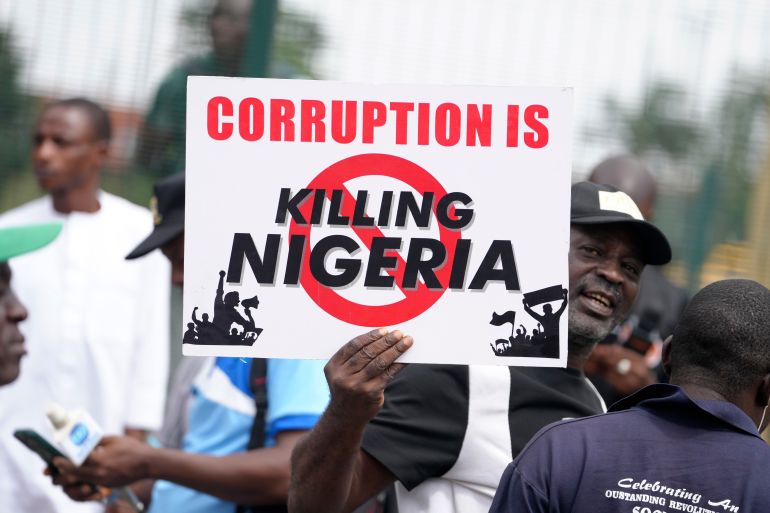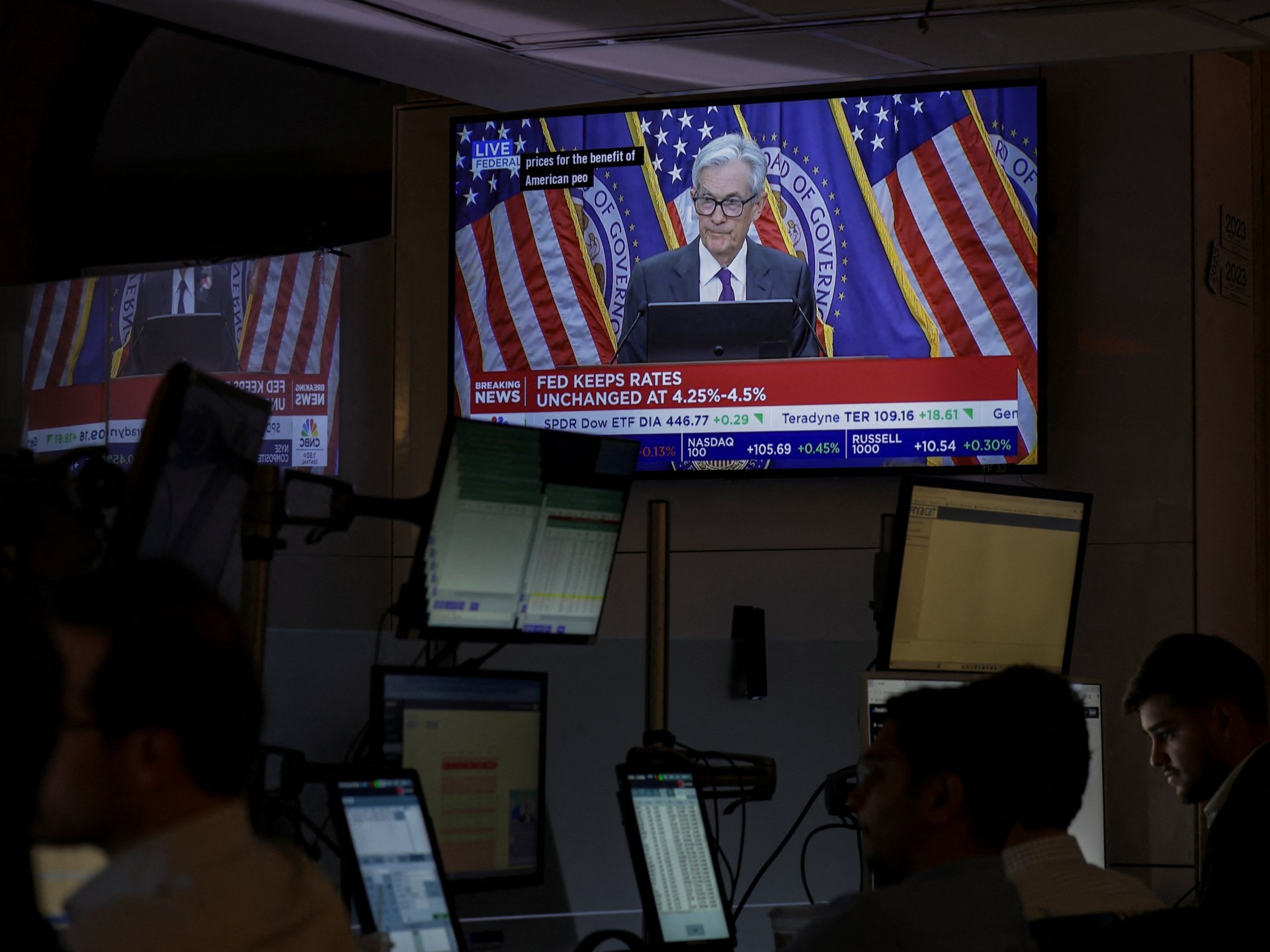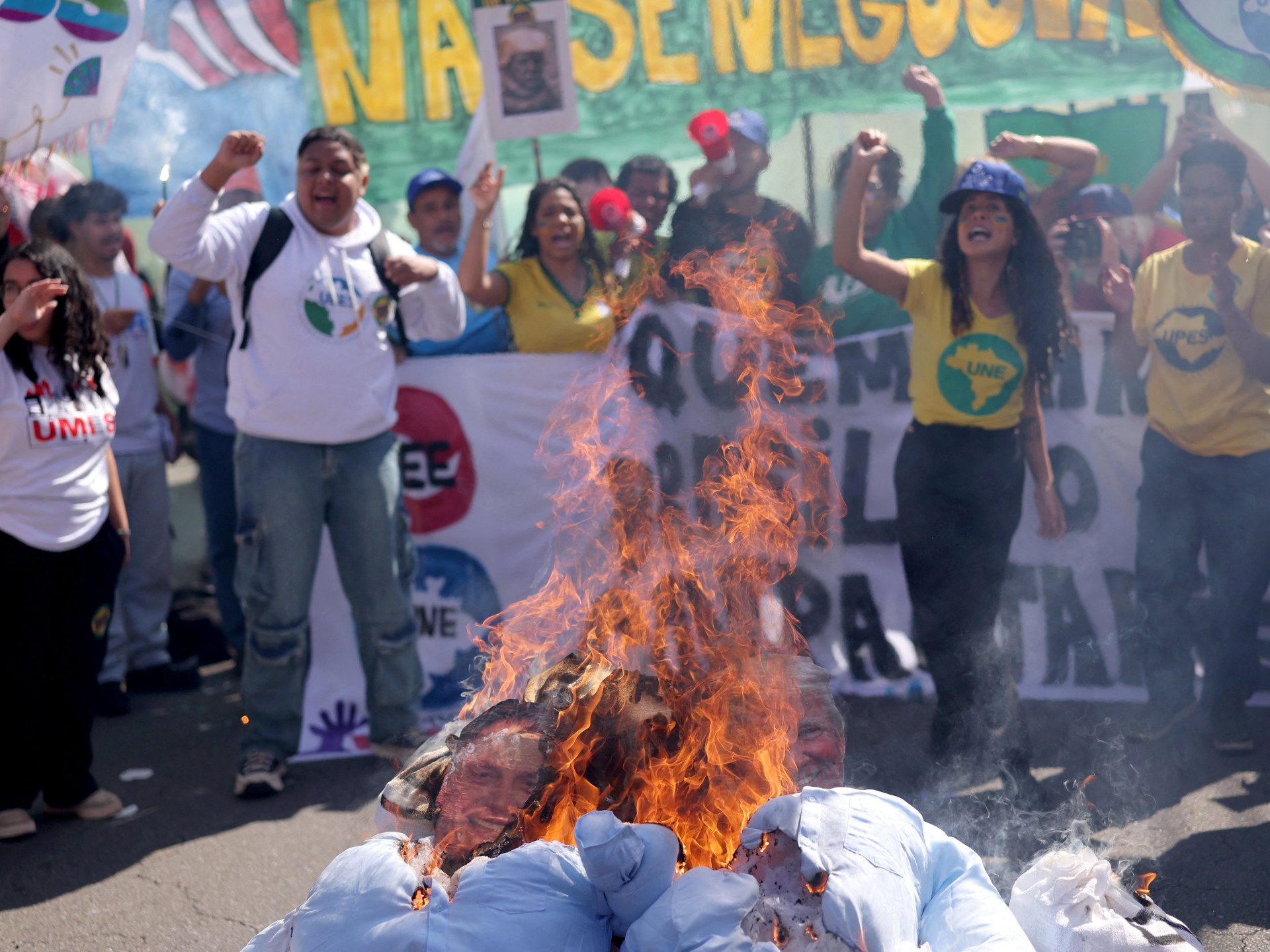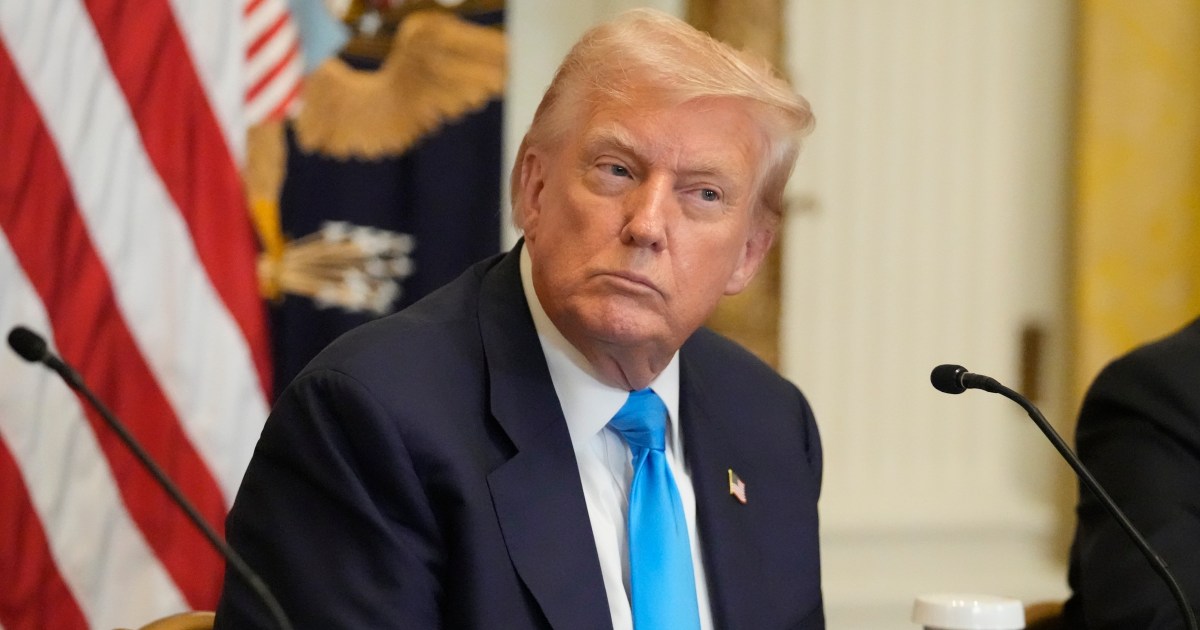The human rights group stated in a statement on Friday that Nigerian police “bizarrely continue to deny strong allegations of extrajudicial execution, torture, and unlawful arrests of the protesters.”
At least 24 people were killed when police opened fire on the protests, which broke out in August of last year under the hashtag #EndBadGovernanceInNigeria, according to an investigation conducted by Amnesty International.
Demonstrators erupted in protest of rising fuel prices and inflation, which the government had pushed to bring the economy back on track.
No one member of the security forces has been charged in the year-long ongoing human rights violations, according to Isa Sanusi, director of Amnesty International Nigeria, in a statement released on Friday.
“These atrocities must be accountable for those who perpetrate them.”
The AFP news agency contacted a spokesman for Nigeria’s Ministry of Justice for comment, but the spokesman declined to respond.
Amnesty International claimed that in all the killings, police shot protesters “at close range, frequently at the head or torso, implying that officers were killing.”
The Nigerian authorities are yet to implement necessary and effective measures to protect, defend, advance, and defend the rights to peaceful assembly, including ending the killing, detention, arbitrary arrests, and mass surveillance, Sanusi said.
The rights group also criticized the hundreds of protesters who were detained for a range of alleged crimes, calling them “sham trials.”
According to Amnesty International, the charges include “levying] war against the state in order to intimidate or overawe the president,” as well as “using WhatsApp group chats,” inciting mutiny, chanting “Tinubu must go,” and calling on the military to take over the government from President Bola Ahmed Tinubu, and” intent to destabilize Nigeria.”
Economists have praised Tinubu’s reforms, including ending a costly fuel subsidy and floating the naira currency, but they have also caused the nation’s living costs to rise.
The Nigerian government has been forced to step down from its protester prosecutions at times despite the death of no one.
Difficulty and hungry youths, many of them children, showed up in court in November, causing outcry over how they were treated in jail. Later, Tinubu gave the order to release them.





